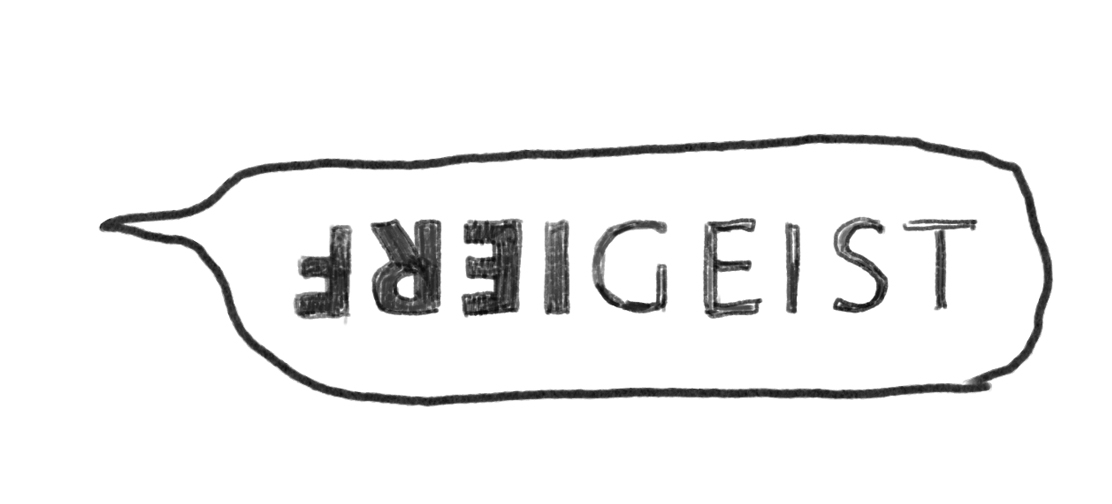Thirteen exceptional researchers receive Freigeist Fellowships
Around 17 million euros for unusual, high-risk research projects: Thirteen scientists were able to convince in the assessment process and receive a Freigeist Fellowship, which offers them maximum freedom for their research.
By the deadline in April 2021, around 170 researchers had submitted their project ideas. Thirteen of them will now receive a fellowship following a decision by the Foundation's Board of Trustees: With a maximum term of eight years and possible total funding of up to 2.2 million euros, it offers excellent career prospects for scientists at an early stage in their careers.
These are the thirteen Freigeist Fellows and their research projects:
- Dr. Susanne Benz – Karlsruher Institut für Technologie; appr. 1.5 Mio. Euro: "Large scale assessment of the effects of sustainable heat recycling in the shallow sub-surface on above ground temperature"
- Dr. Marlen Fröhlich – Universität Tübingen; appr. 1.3 Mio. Euro: "Pathways to language: The role of communicative plasticity in joint action coordination"
- Dr. Dr. Magdalena Gronau – Leibniz-Zentrum für Literatur- und Kulturforschung Berlin (ZfL); appr. 1 Mio. Euro: "The Philology of the Physicists. Textual Knowledge and Practices within the Academic Culture of Quantum Physics"
- Dr. Caroline Heneka – Universität Heidelberg; appr. 1.1 Mio. Euro: "Changing the way we look at the sky - computer vision astrophysics"
- Dr. Anna Izdebska – Universität Erlangen-Nürnberg; appr. 1 Mio. Euro: "Visions of the History of Greek Philosophy in Late Antiquity and in the Greek and Arabic Middle Ages"
- Dr. Tatiana Klepikova – Universität Regensburg; appr 1.4 Mio. Euro: "Light On! Queer Literatures and Cultures under Socialism"
- Dr. Martin Kleppmann – Technische Universität München; appr. 1.3 Mio. Euro: "Local-first software: Resilient and secure collaboration"
- Dr. Kornelia Konczal – Universität Bielefeld; appr. 800 000 Euro: "Mnemonic Populism in Post-Socialist Europe"
- Dr. Felix Lang – Universität Potsdam; appr. 1.8 Mio. Euro: "Radiation Tolerant Electronics with Soft Semiconductors (ROSI)"
- Dr. Denis Meuthen – Universität Bielefeld; appr. 1.4 Mio. Euro: "Plasticity-led evolution in the phenotype of a freshwater snail: from the epigenome to genetic change"
- Dr. Christina C. Roggatz – Universität Bremen; appr. 1.3 Mio. Euro: "Dealing with photosynthetic neighbours: diurnal chemical modulation of crosstalk in biofilm communities"
- Dr. Jordan Troeller – Leuphana Universität Lüneburg; appr. 1.1 Mio. Euro: "The M/Other Project: Creativity, Procreation, and Contemporary Art"
- Dr. Hannah Williams – Universität Konstanz; appr. 1.6 Mio. Euro: "Optimal Movement Theory: Perception of energies to "up-the-odds" for efficient movement"
The Freigeist Fellowships are aimed at researchers from all disciplines in the first four years after their doctorate. In order to be able to become a Freigeist Fellow, the research personalities not only have to have outstanding technical expertise, but also look beyond the borders of their own discipline and combine critical analytical skills with new perspectives and problem-solving approaches.
80 creative minds funded
In the eight years since the initiative started in 2014, the foundation has funded 80 creative minds as Freigeist Fellows with around 86 million euros - and was thus able to provide effective impetus for new, innovative fields of research. With these final approvals, the foundation is now ending the program – in order to develop new funding initiatives for individual funding after the realignment of its funding strategy.
Unsere Freigeist-Fellows
You can find more information on the Freigeist Fellows who have been funded so far in the overview of the current Freigeist Fellows.

